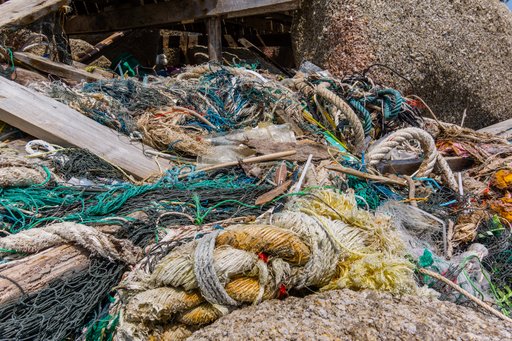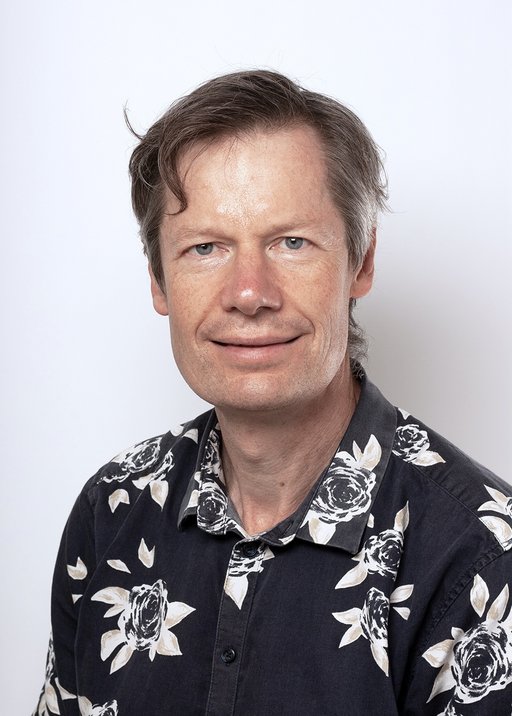ENCORE project to transform nylon recycling using enzymatic processes
Professor Daniel Otzen (iNANO, Aarhus University) has been awarded a DKK 6 million Distinguished Innovator Grant by the Novo Nordisk Foundation. This prestigious grant will fund the ENCORE project, which aims to transform nylon waste into new nylon products by using bacterial enzymes, reducing the need for fossil fuel-derived materials. The project will be conducted in close collaboration with Dr. Alexander Sandahl at Danish Technological Institute as well as partners from Technical University of Denmark and University of Porto.


The ENCORE project is set to address the critical environmental challenge posed by the millions of tons of nylon waste generated annually from sources such as clothing and fishing nets. Current recycling methods for nylon are inefficient leading to low recycling rates globally. However, the ENCORE project proposes a sustainable solution by leveraging Nature's own tools – enzymes – to break down nylon into reusable chemicals.
The initial phase of the project involves identifying bacteria capable of decomposing nylon. Bacteria naturally produce enzymes to break down environmental molecules, making them ideal candidates for this task. Once suitable bacteria are found, the project will employ a variety of advanced techniques to understand the mechanisms behind their nylon-degrading abilities.
In the final phase, the efficacy of these enzymes will be tested on real nylon waste. The ultimate objective of the ENCORE project is to establish a novel recycling process with a significantly lower carbon footprint compared to current methods. By developing an eco-efficient closed-loop system, the project aims to transform nylon waste into new nylon products, reducing the need for fossil fuel-derived materials.
The innovative approach, which will be further developed and tested by the project partners, promises to pave the way for sustainable nylon recycling, marking a significant step forward in our efforts to mitigate plastic pollution and promote environmental sustainability.
About the project participants
Prof. Daniel Otzen, iNANO, Aarhus University
Prof. Daniel Otzen leads the ENCORE project at iNANO, Aarhus University. With extensive experience in research consortia and past work at Novozymes, he also directs the Novo Nordisk Foundation Challenge Grant Center EnZync. Otzen is active in public outreach on plastic recycling and focuses on interdisciplinary approaches to sustainability. He teaches innovation and entrepreneurship at AU.
Alexander Sandahl, Danish Technological Institute
Alexander Sandahl specializes in developing new recycling technologies for plastics and textiles at the Danish Technological Institute. With a background in organic chemistry and biotechnology, he collaborates closely with academic and industrial partners. His focus includes novel recycling methods for thermosets like polyurethane and polymers such as PET.
Prof. Jens Preben Morth, DTU
Prof. Jens Preben Morth at DTU is a structural biology expert, contributing to drug design and enzymology. His laboratories are equipped for high-throughput crystallization and advanced biophysical characterization.
Prof. Maria João Ramos, University of Porto
Prof. Maria João Ramos and her team at the University of Porto focus on the molecular structures and enzyme-substrate interactions in the ENCORE project. They will develop enzyme mechanisms and robust protein engineering strategies to enhance nylonase activity.
For more information, please contact
Professor Daniel Otzen
Interdisciplinary Nanoscience Center (iNANO) and Department of Molecular Biology & Genetics
Aarhus University
Email: dao@inano.au.dk
